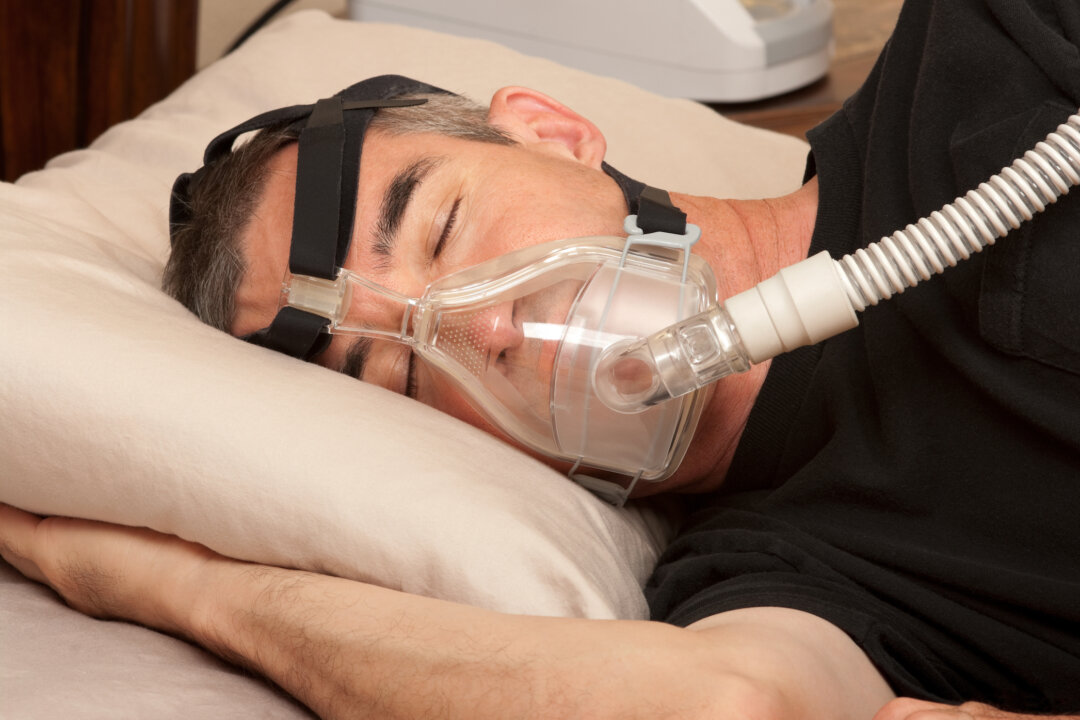People who are obese and suffering from obstructive sleep apnea can reduce their 10-year risks of death and major heart complications if they undergo bariatric weight loss surgery, according to a new Cleveland Clinic Study. Obstructive sleep apnea is a common breathing disorder affecting the upper airways. It causes people to experience breathing interruptions during sleep, resulting in impaired sleep quality.
Sleep apnea increases people’s risks of heart failure and coronary heart disease. Around 70 percent of people with obstructive sleep apnea are obese. The authors found that, compared to obese people with obstructive sleep apnea who did not undergo surgery, those who underwent surgery had a 12 percent lower risk of suffering from cardiovascular events and a 4 percent lower risk of dying within 10 years.

People who did surgery lost more than 33 kilograms or around 73 pounds, which is five times the weight loss of the non-surgical group. The authors found that nonsurgical patients who lost less than 10 percent of their body weight had a higher incidence of cardiovascular events. However, regardless of whether they had undergone surgery or not, patients who lost more than 10 percent of their body weight had no statistically significant difference in their incidence of cardiovascular events.
It can help people lose weight and improve health problems associated with obesity. However, it also has health risks. Short-term complications of bariatric surgery include excessive b.























